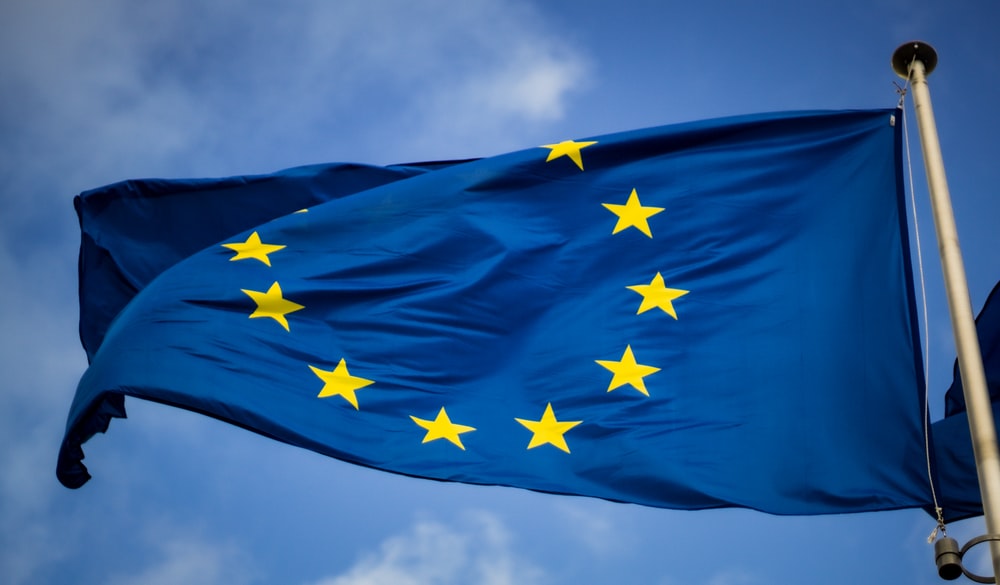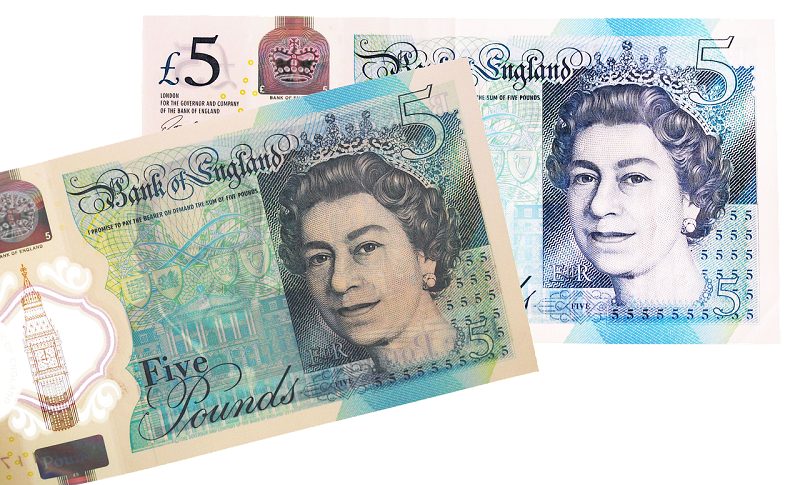There are lots of high-impact news and political events that have recently taken the world by storm.
Many developed countries have been faced with uncertainty and tough political choices as the extent of international strife and conflicts intensify.
The UK’s political space has been particularly affected by a variety of factors.
From international tensions and trade deals to tense local elections in various areas, many of these events have affected the value of the British pound in one way or another.
The effects of these changes can be seen and analysed on foreign exchange platforms as the value of the pound fluctuated significantly.
Keep reading to discover the three main political changes in the past couple of years.
1. Brexit
Brexit was the major political event in the UK between 2016 and 2019 and involved the withdrawal of the United Kingdom from the European Union.
The negotiation process was quite cumbersome due to a lot of challenges in the politically divided states.
Many citizens feared that the UK would exit the EU without a deal while entrepreneurs and businesses were unsure of the future of trade with neighbouring European countries.
The negotiations also raised concerns about the economy and many investors had speculations about an imminent recession.
All of these affected the British pound in a variety of ways as its value dropped by a significant percentage in no time.
The political developments caused a domino effect as the weakening of the pound was followed by poor economic data releases.
The lack of a concrete Brexit plan reduced consumer confidence in the pound and worries that big businesses may move their operations out of the United Kingdom, all combined to pressure the pound lower over the weeks following the referendum.
As the worst-performing currency in the first half of 2016, the pound experienced a flash crash in October as some global figures made negative comments about the Brexit negotiations.

Overall, the Brexit negotiations and the resultant uncertainties caused a reduction in the value of the British pound.
European firms reduced new investments in the UK and even after the referendum, there was political strife amongst counties in the United Kingdom.
The International trade and supply chain was affected as trade with the EU dropped immediately at the end of the Brexit transition period in January 2021.
However, the British pound began to recover in the past year as the domestic policies and regulations in the UK ensured that investor confidence was gradually restored.
2. Confidence and political sentiment
The political and market sentiment in the United Kingdom has been mixed and mostly negative in recent times.
This is a key economic indicator because it affects the confidence of the citizens, investors and key market influencers.
Fears of economic recession, and the Bank of England’s decision not to raise interest rates, have reduced the optimism of most spectators concerning the British pound.
Most investors prefer to invest in currencies with high-interest rates and currencies with low-interest rates are generally less attractive.
According to ‘The National’, a recent poll shows that support for Scottish independence has risen significantly (over 55%) as plans to leave the UK intensify.
Again, these events raise a lot of questions and concerns about the fate of the pound in the coming years. The unstable and divisive political space has further weakened the British pound as the investor confidence dropped while the political sentiment was mostly negative.
3 The UK Local Elections
The recently completed UK local elections raised concerns for the Conservatives, as they suffered a net loss of almost 400 councillors.
The ruling party lost seats to Labour and the Liberal Democrats, leading to speculations about the replacement of Boris Johnson as Prime Minister.

The election results influenced the political health of the UK as it showed a greater chance of Scotland achieving its independence.
This raised concerns about the fate of Scotland and the British pound as many questions were raised:
- Which currency would the country adopt after independence?
- How would the United Kingdom’s debt be split?
- Would Scotland join the EU after independence?
- Would Northern Ireland leave the UK once Scotland does?
The answer to these questions would depend on how the aftermath of the election unfolds.
For now, the British pound has been declining against the dollar and the looming political and economic uncertainty has been a major catalyst.





